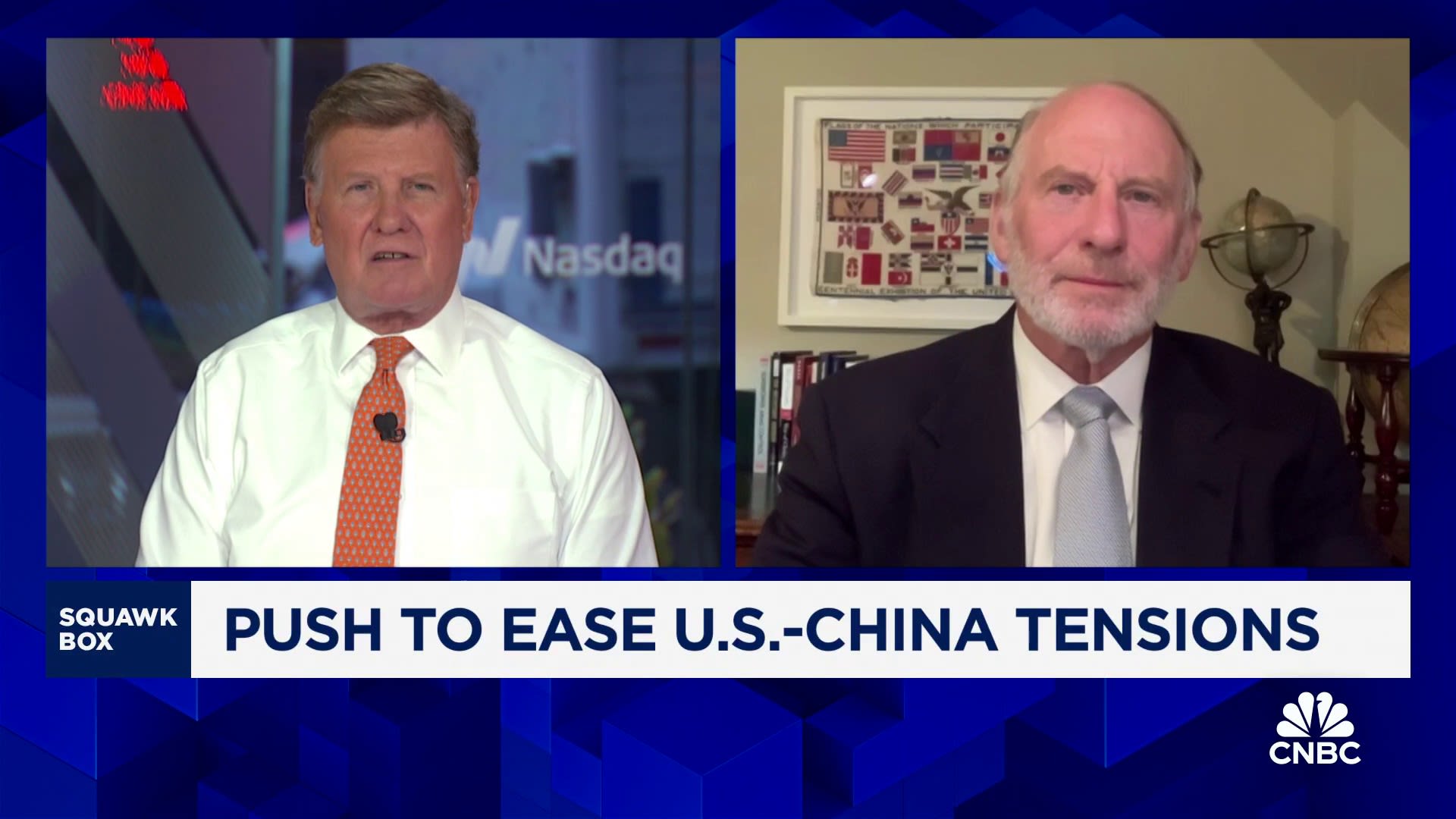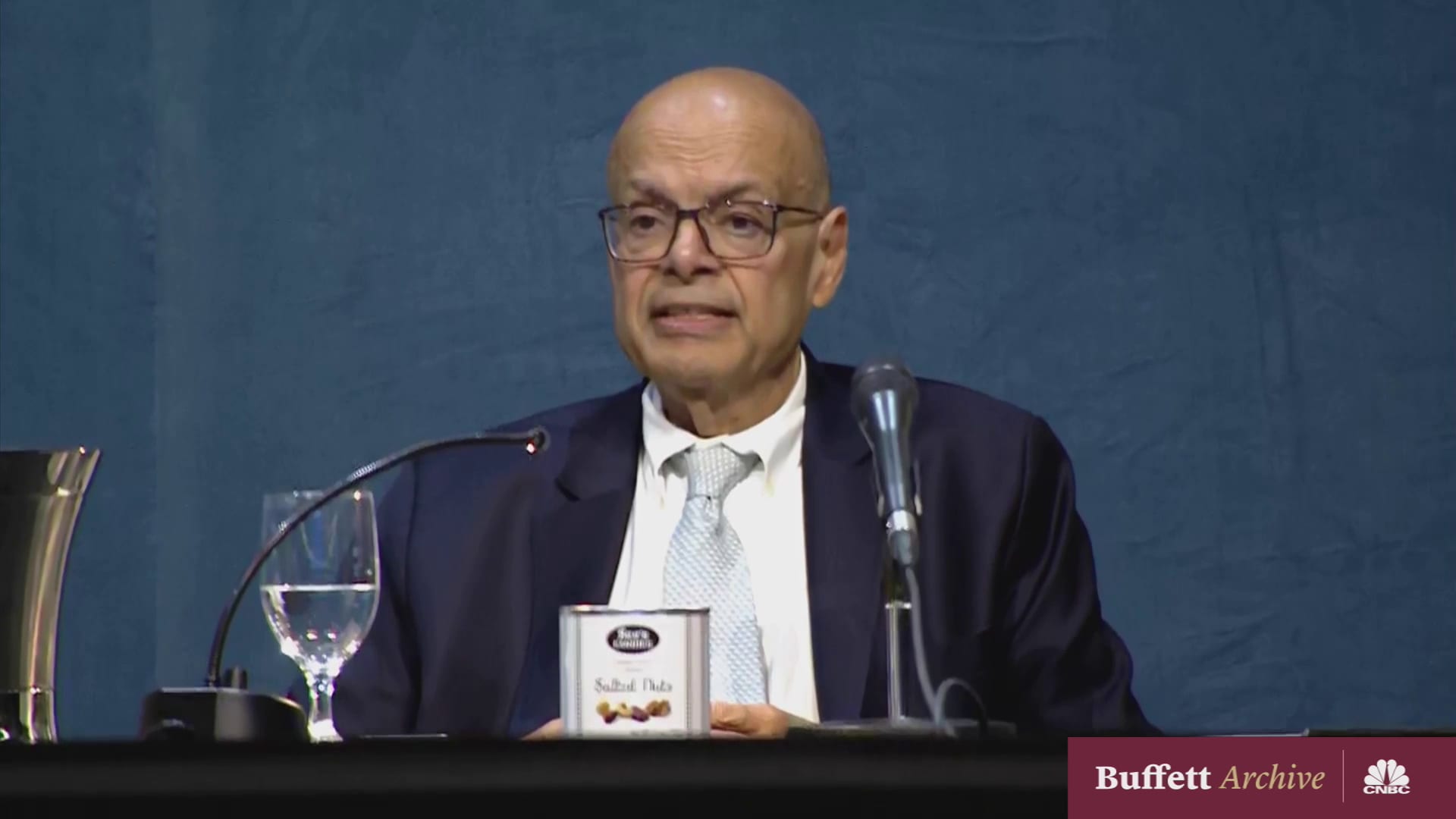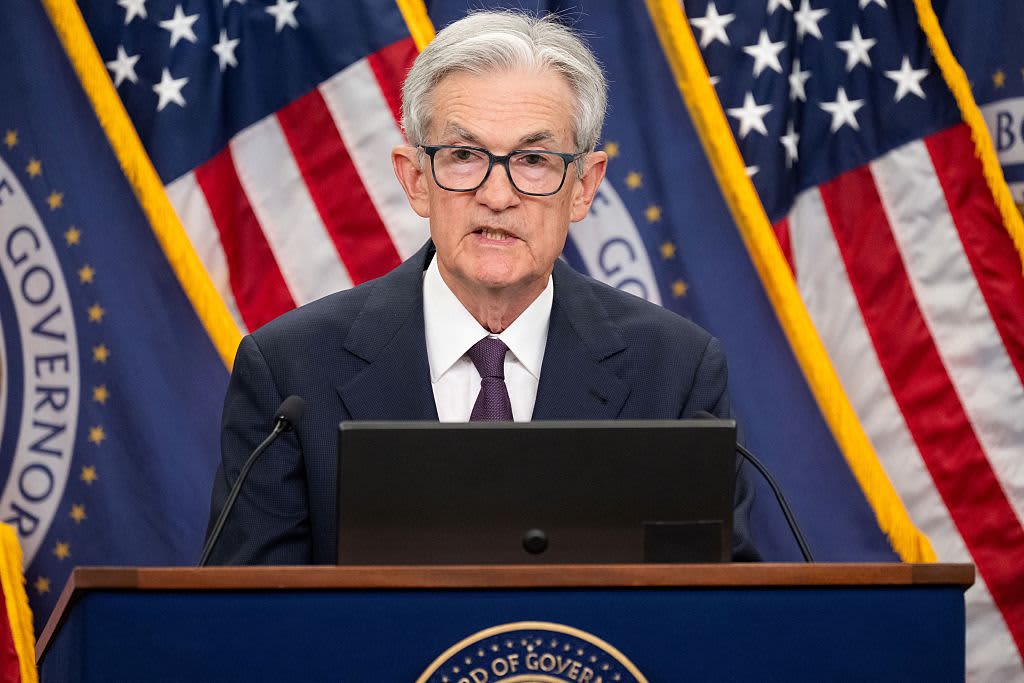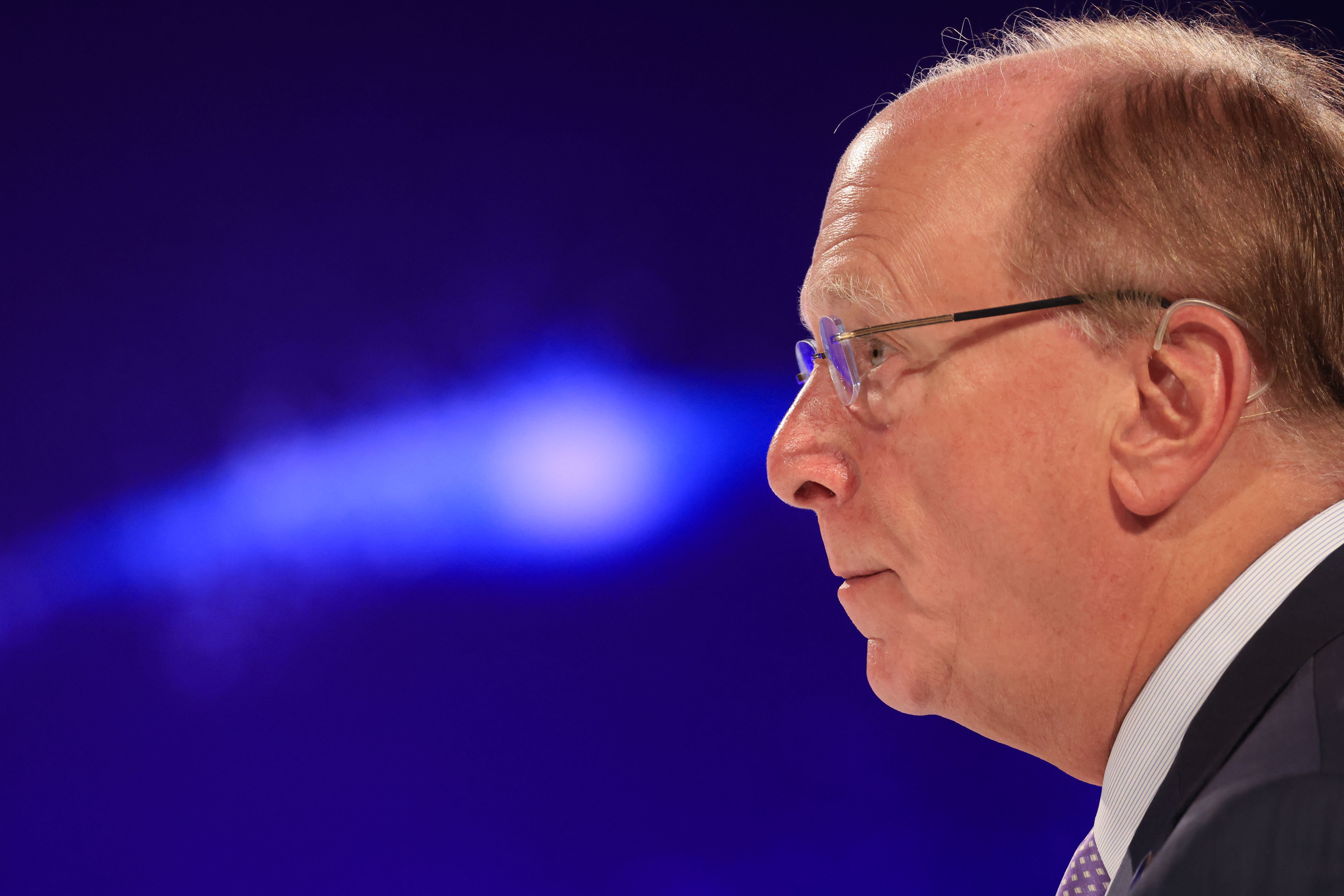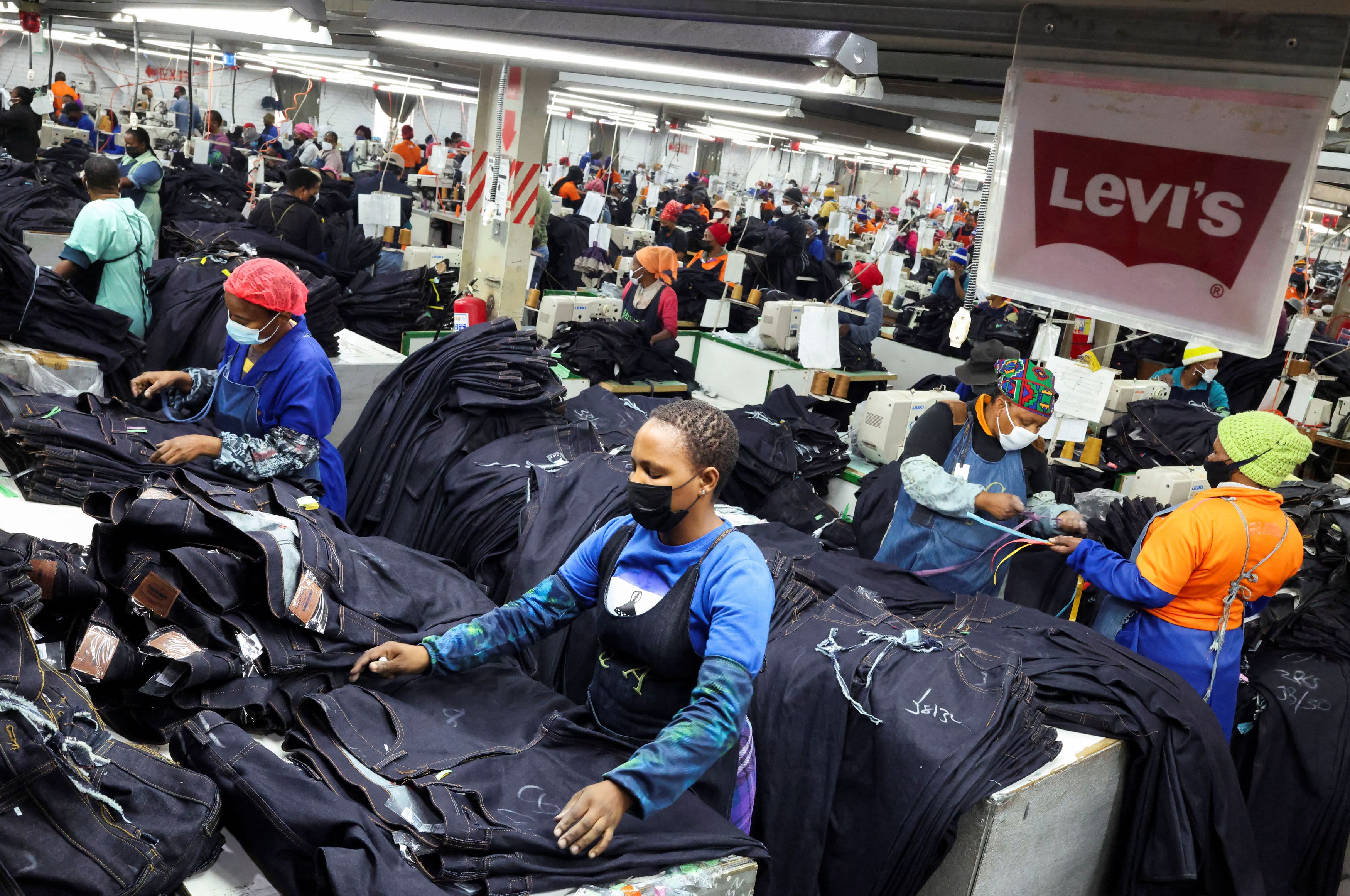Sebastian Siemiatkowski, CEO of Klarna, speaking at a fintech event in London on Monday, April 4, 2022.
Chris Ratcliffe | Bloomberg via Getty Images
A European technology talent brain drain is the biggest risk factor facing Klarna as the Swedish payments company gets closer to its upcoming initial public offering, according to CEO Sebastian Siemiatkowski.
In a wide-ranging interview with CNBC this week, Siemiatkowski said that unfavorable rules in Europe on employee stock options — a common form of equity compensation tech firms offer to their staff — could lead to Klarna losing talent to technology giants in the U.S. such as Google, Apple and Meta.
As Klarna — which is known for its popular buy now, pay later installment plans — prepares for its IPO, the lack of attractiveness of Europe as a place for the best and brightest to work has become a much more prominent fear, Siemiatkowski told CNBC.
“When we looked at the risks of the IPO, which is a number one risk in my opinion? Our compensation,” said Siemiatkowski, who is approaching his 20th year as CEO of the financial technology firm. He was referring to company risk factors, which are a common element of IPO prospectus filings.
Compared to a basket of its publicly-listed peers, Klarna offers only a fifth of its equity as a share of its revenue, according to a study obtained by CNBC which the company paid consulting firm Compensia to produce. However, the study also showed that Klarna’s publicly-listed peers offer six times the amount of equity that it does.
‘Lack of predictability’
Siemiatkowski said there a number of hurdles blocking Klarna and its European tech peers from offering employees in the region more favorable employee stock option plans, including costs that erode the value of shares they are granted when they join.
In the U.K. and Sweden, he explained that employee social security payments deducted from their stock rewards are “uncapped,” meaning that staff at companies in these countries stand to lose more than people at firms in, say, Germany and Italy where there are concrete caps in place.
The higher a firm’s stock price, the more it must pay toward employees’ social benefits, making it difficult for companies to plan expenses effectively. Britain and Sweden also calculate social benefits on the actual value of employees’ equity upon sale in liquidity events like an IPO.
“It’s not that companies are not willing to pay that,” Siemiatkowski said. “The biggest issue is the lack of predictability. If a staff cost is entirely associated with my stock price, and that has implications on my PNL [profit and loss] … it has cost implications for the company. It makes it impossible to plan.”
In the past year, Siemiatkowski has more clearly signalled Klarna’s ambitions to go public soon. In an interview with CNBC’s “Closing Bell,” he said that a 2024 listing was “not impossible.” In August, Bloomberg reported Klarna was close to selecting Goldman Sachs as the lead underwriter for its IPO in 2025.
Siemiatkowski declined to comment on where the company will go public and said nothing has been confirmed yet on timing. Still, when it does go public, Klarna will be among the first major fintech names to successfully debut on a stock exchange in several years.
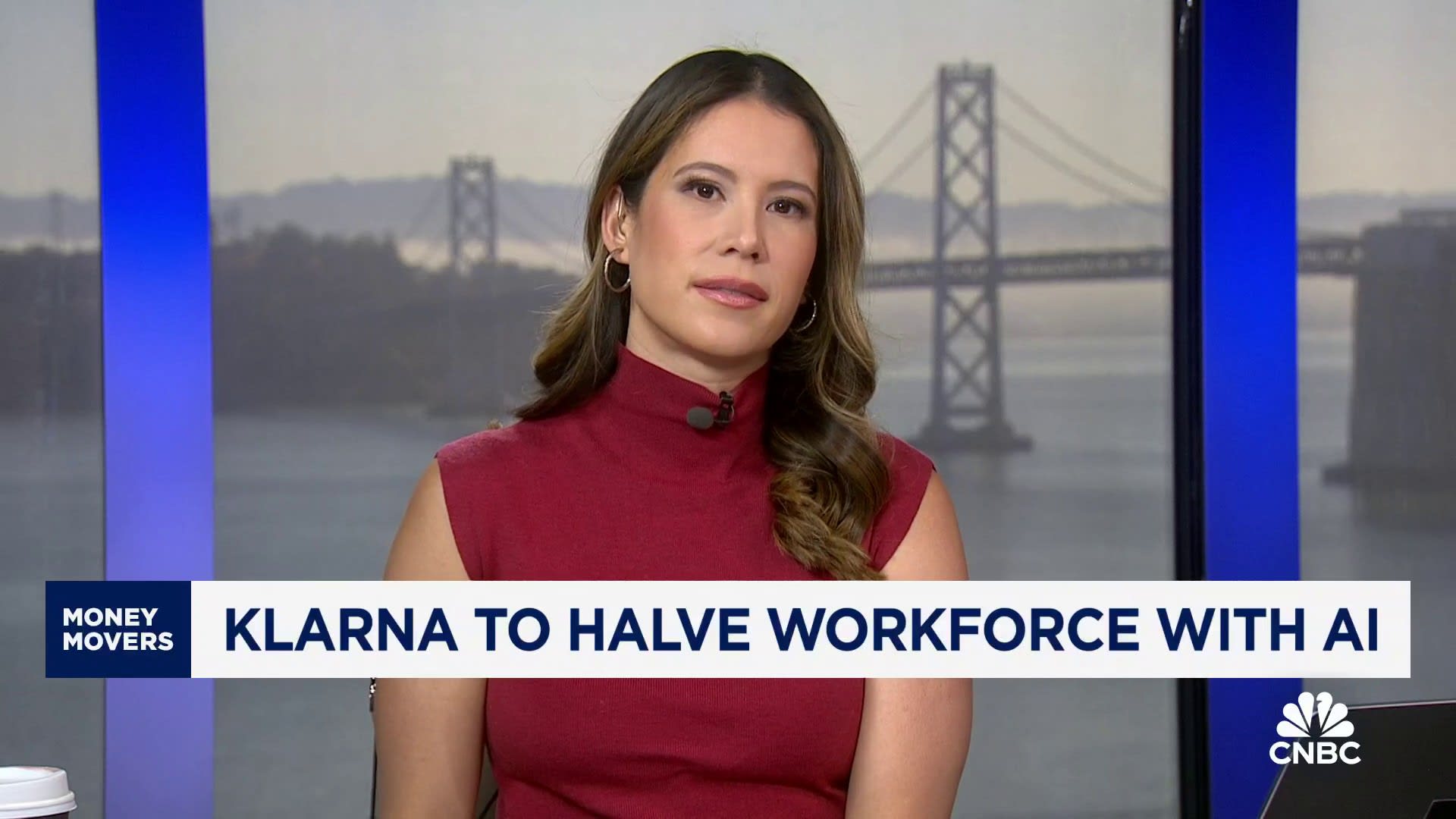
Affirm, one of Klarna’s closest competitors in the U.S., went public in 2021. Afterpay, another Klarna competitor, was acquired by Jack Dorsey’s payments company Block in 2021 for $29 billion.
Klarna brain drain a ‘risk’
A study by venture capital firm Index Ventures last year found that, on average, employees at late-stage European startups own around 10% of the companies they work for, compared to 20% in the U.S.
Out of a selection of 24 countries, the U.K. ranks highly overall. However, it does a poorer job when it comes to the administration burdens associated with treatment of these plans. Sweden, meanwhile, fares worse, performing badly on factors such as the scope of the plans and strike price, the Index study said.
Asked whether he’s worried Klarna employees may look to leave the company for an American tech firm instead, Siemiakowski said it’s a “risk,” particularly as the firm is expanding aggressively in the U.S.
“The more prominent we become in the U.S market, the more people see us and recognize us — and the more their LinkedIn inbox is going to be pinged by offers from others,” Siemiatkowski told CNBC.
He added that, in Europe, there’s “unfortunately a sentiment that you shouldn’t pay that much to really talented people,” especially when it comes to people working in the financial services industry.
“There is more of that sentiment than in the U.S., and that is unfortunately hurting competitiveness,” Klarna’s co-founder said. “If you get approached by Google, they will fix your visa. They will transfer you to the U.S. These issues that used to be there, they’re not there anymore.”
“The most talented pool is very mobile today,” he added, noting that its now easier for staff to work remotely from a region that’s outside a company’s physical office space.


